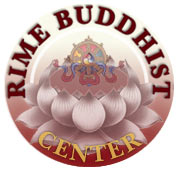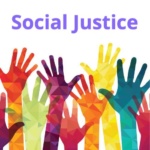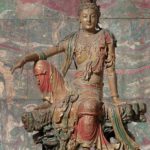Juneteenth is the oldest nationwide remembrance of the ending of slavery in the United States. Union soldiers led by Major General Gordon Granger, landed at Galveston, Texas, with the news that the war had ended and emancipation was granted to the enslaved on June 19, 1865, almost two and a half years after Abraham Lincoln signed the Emancipation Proclamation on January 1, 1863.
There are many celebrations and events planned for Juneteenth in Kansas City and plenty of ways to participate. Please visit www.juneteenth-kc.com for a listing of celebratory and community service activities. In addition, additional information on the African American history in Kansas City and the nation can be found here – https://www.juneteenth-kc.com/history. In Buddhism, we believe in carrying the Bodhisattva spirit in our hearts and engaging in altruistic actions to benefit all sentient. The Rime Center and the Social Justice Committee encourages the sangha to reflect on the significance of this day.
His Holiness Dalai Lama’s Daily Prayer – “May the frightened cease to be afraid, and those bound be freed; May the powerless find power, and may people think of benefiting each other”


 March 22, 2021 @ 6pm
March 22, 2021 @ 6pm

